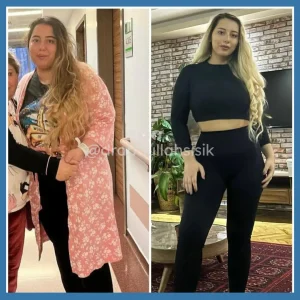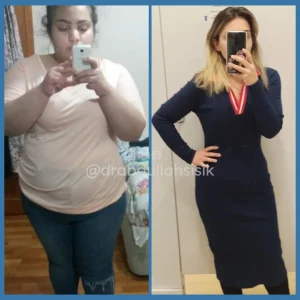A liquid diet consists of consuming foods and drinks that are in liquid form, either entirely or partially. These diets are often used in medical settings or for short-term weight loss. While liquid diets can provide necessary hydration and some nutrients, they should be followed with caution and typically under medical supervision. They can be low in essential nutrients if not carefully planned. People may follow a liquid diet before or after surgery, for digestive issues, or to lose weight rapidly. However, long-term use can lead to deficiencies and health complications, so it’s important to understand the benefits and limitations.

What Is a Liquid Diet?
A liquid diet involves the intake of liquids only, either as meal replacements or as supplements to solid food.
What Can You Eat in a Liquid Diet?
During a liquid diet, acceptable foods usually include clear broths, juices, smoothies, and soups that are blended to a liquid consistency.
What To Drink for a Liquid Diet?
- Clear broths (chicken, beef, or vegetable)
- Water, herbal teas
- Protein shakes or smoothies
- Juice (without pulp)
- Milk or non-dairy alternatives like almond or soy milk
Benefits of a Liquid Diet
- Aids digestion and relieves pressure on the digestive tract
- Can lead to rapid weight loss if caloric intake is low
- Used for medical recovery (before or after surgery)

Liquid Diet Menu
A simple liquid diet menu may include smoothies, protein shakes, soups, and juice blends.
Breakfast
- Smoothie: Blended with banana, spinach, almond milk, and a scoop of protein powder
- Herbal tea or black coffee (no sugar or cream)
Mid-Morning Snack
- Clear vegetable broth or bone broth
- Apple juice (without pulp)
Lunch
- Blended vegetable soup (carrot, tomato, or pumpkin)
- Water with a slice of lemon or cucumber for flavor
Afternoon Snack
- Protein shake: Whey protein blended with water or milk
- Unsweetened green tea
Dinner
- Pureed chicken soup or broth-based soup with soft, blended vegetables
- Coconut water for hydration
Evening Snack
- Greek yogurt smoothie: Blended with low-fat Greek yogurt, berries, and water
- Chamomile tea
This liquid diet menu offers variety while keeping the calorie intake controlled and the nutrients balanced for short-term use.
Frequantly Asked Questions
Scrambled eggs are generally not considered part of a strict liquid diet, but they may be included in some modified versions.
Short-term liquid diets can be safe under medical supervision, but they may lack essential nutrients if followed for too long.
For short-term use, liquid diets can be safe, especially when medically supervised. Long-term use can lead to nutrient deficiencies.
Yes, liquid diets can lead to rapid weight loss, but maintaining long-term weight loss can be difficult.
Yes, the lack of fiber in many liquid diets can lead to constipation.
Yes, some people may experience diarrhea due to the high liquid intake and lack of solid food.
A 5 day liquid diet can be healthy if it includes a variety of nutrient-rich liquids, but extended use can cause deficiencies.
Yes, a 2 week liquid diet can result in significant weight loss, but it’s important to ensure you’re still getting adequate nutrition.
















